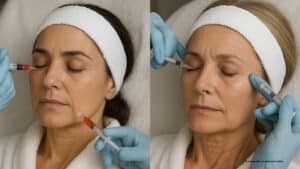Effective Use of Stem Cells to Treat Back Pain: A Comprehensive Guide
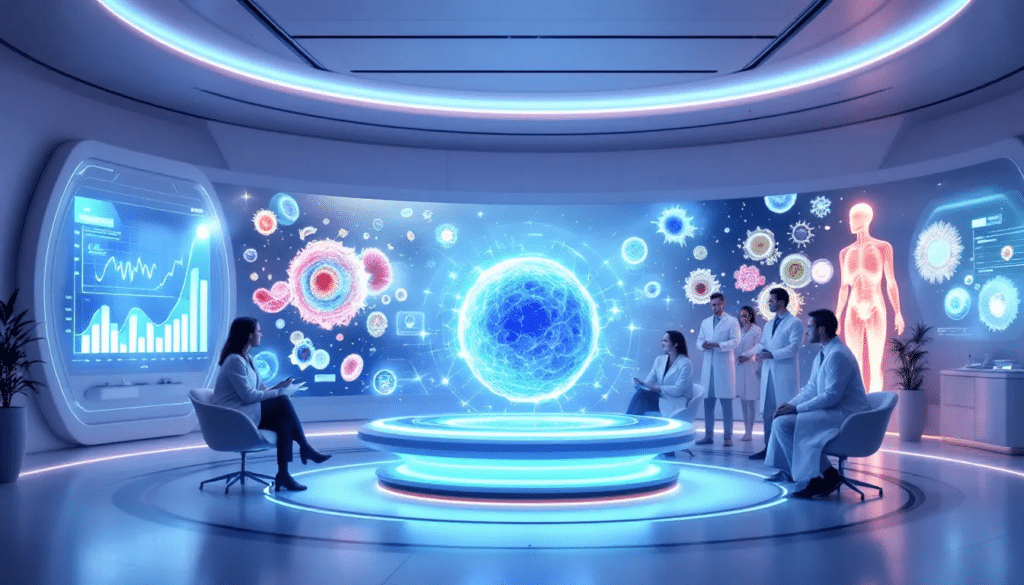
Living with chronic back pain can be exhausting—physically, mentally, and emotionally. Whether it’s from degenerative disc disease, herniated discs, or years of wear and tear, the impact on your life can be major. The good news? There’s a promising, minimally invasive procedure showing real potential: the use of stem cells to treat back pain. Stem […]
Top Anti Aging Clinics Los Angeles: Your Path to Youthful Vitality
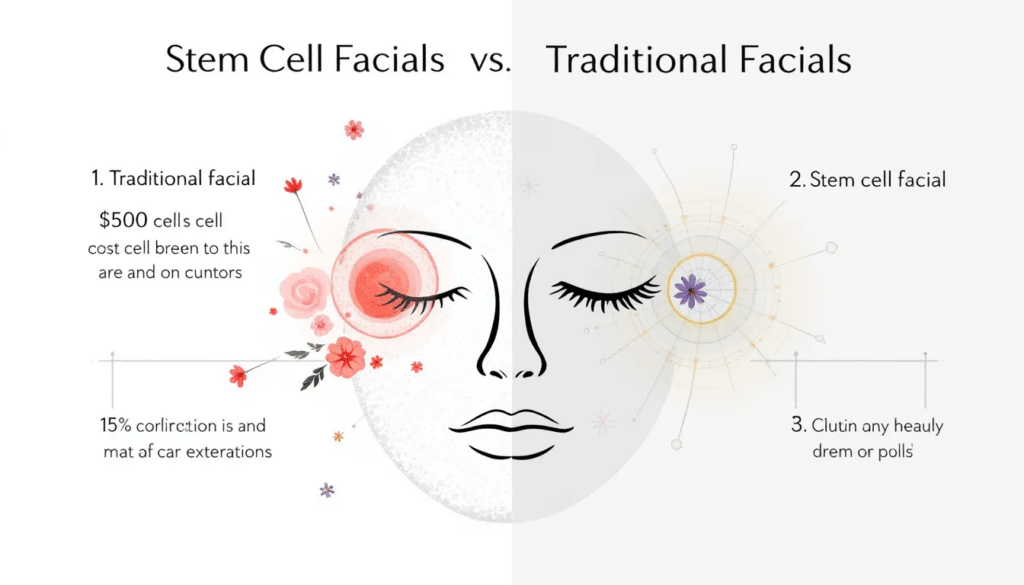
Aging is a part of life—but how we age is a choice. Across Los Angeles, thousands are discovering a new standard in longevity and wellness through modern anti aging medicine. If you’re seeking a renewed sense of energy, improved sexual wellness, glowing skin, or a natural approach to optimal health, there’s no better place to […]
Understanding Stem Cell Facial Treatment Cost: What to Expect

Curious about the stem cell facial treatment cost? This article breaks down what you can expect to pay. We’ll explore the various factors influencing the price, from clinic reputation to geographical location. Read on to know how much you’ll need to budget for this cutting-edge skin rejuvenation therapy. Key Takeaways The cost of stem cell […]
Top Successful Stem Cell Treatments: Evaluations and Results
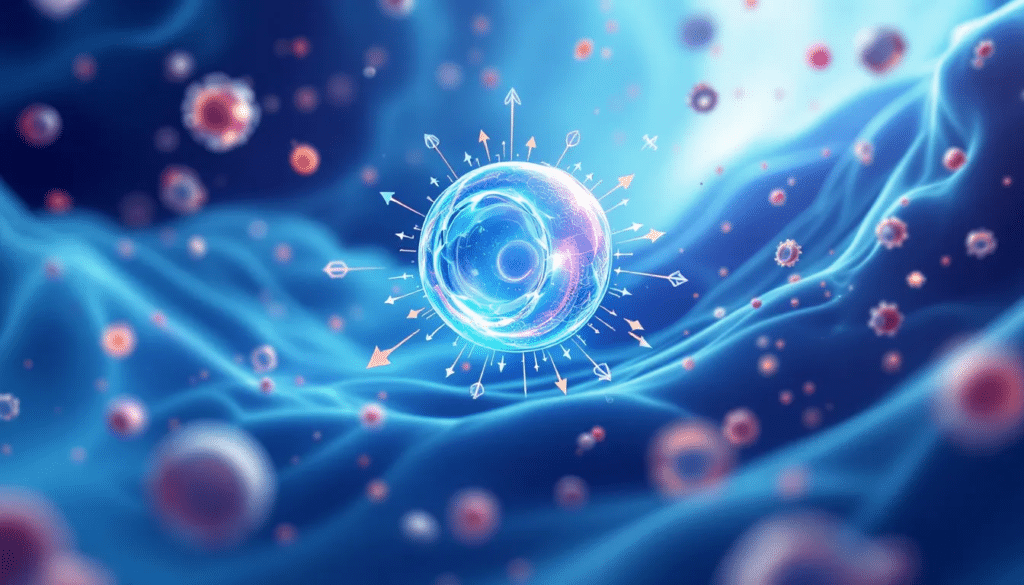
Stem cell treatments have shown remarkable success in treating conditions like blood cancers, osteoarthritis, and neurodegenerative diseases. These therapies offer new hope by effectively repairing damaged tissues and restoring function. In this article, we highlight the most successful stem cell treatments and their impact on modern medicine. Key Takeaways Stem cells, including embryonic, adult, and […]
Are Stem Cell Patches Safe for Medical Use? Here’s What You Need to Know
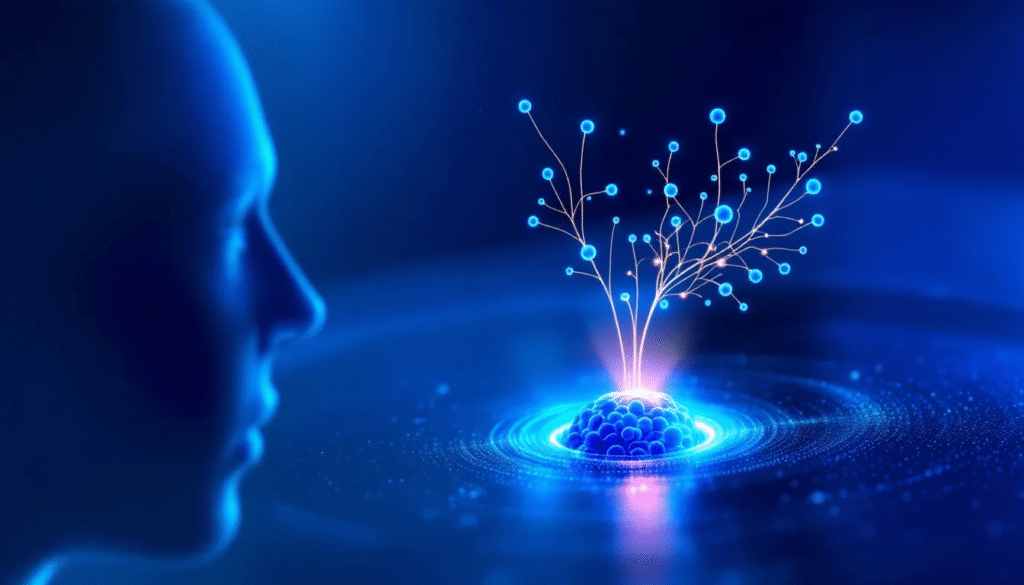
Are stem cell patches safe? This article explores their safety, including potential risks, benefits, and expert advice. Key Takeaways Stem cell patches are innovative therapeutic devices that deliver various types of stem cells to promote healing and tissue regeneration, presenting a less invasive alternative to traditional treatments. Despite their potential benefits, stem cell patches carry […]
Top Benefits of Stem Cells Hair Growth Therapy for Thinning Hair
Is stem cells hair growth therapy an effective solution for hair loss? This article explores its benefits, how it works, and what you can expect from this promising treatment. Key Takeaways Stem cell therapies show promise in effectively treating hair loss, utilizing various types of stem cells, particularly adipose-derived and umbilical cord blood stem cells, […]
Discover the Best Stem Cell Therapy for Joint Pain in Los Angeles

Are you seeking the best stem cell therapy for joint pain in Los Angeles? This article highlights the leading clinics, their specialized treatments, and why this innovative therapy could be your solution to relieving pain and regaining mobility. Additionally, alternative therapies like chiropractic, acupuncture, and massage can complement stem cell therapy for joint pain. Key […]
Can Stem Cells Regrow Cartilage? Exploring the Potential of Regenerative Medicine
Can stem cells regrow cartilage? Yes, research shows that stem cells have the potential to help regenerate damaged cartilage. This article explores how stem cells work in cartilage repair, the different types of stem cells used, including adult stem cells, and the current clinical evidence supporting this groundbreaking therapy. Introduction to Regenerative Medicine Regenerative medicine […]
Umbilical Cord Stem Cells: A New Frontier in Regenerative Medicine
The field of regenerative medicine has rapidly advanced, with stem cells leading the charge in innovative treatment methods. Among the many sources, umbilical cord stem cells have gained particular attention for their unique advantages over traditional sources like bone marrow and adipose tissue. These neonatal cells possess a higher regenerative capacity, making them ideal for […]
Overcoming Chronic Pain: How to Find Lasting Relief from Chronic Pain in Los Angeles
Living with acute and chronic pain can significantly impact your quality of life, making even the simplest tasks difficult. Finding effective pain management solutions is essential for those suffering from acute or chronic pain. In Los Angeles, you have access to some of the best pain management experts and treatment options available, from non-surgical therapies […]


